Sweeping changes by the Construction Industry Training Board will make it more complicated for experienced operators to achieve a plant NVQ qualification.
The Experienced Worker Practical Assessment (EWPA) means of achieving a Level 2 NVQ will be discontinued by the end of this year.
Stuart Anderson of training provider Construction Skills People said: “Construction employers like the delivery model as it allows a plant operator to achieve their Level 2 NVQ on site, using their own plant, with the assessment part of the qualification taking less than a day.
“In the last 12 months over 1,400 experienced plant operatives have achieved their plant NVQ through the EWPA delivery model with us.
“Our clients like the delivery method that see us take into account the knowledge and experience of the operator and the cost effectiveness of the delivery model.”
Stephen McCarthy SHEQ manager for Duffy Group added: “Without doubt the easiest and cheapest way for our operators to achieve their Plant NVQs is via the EWPA assessment route.
“It’s very disappointing that this way of getting a plant NVQ is being taken away from us.
“We are now accelerating our plans to qualify the rest of our plant operators before the December 31st deadline.”
Another contractor said: “Yet again this has been decided after talking to trade bodies rather than talking to real contractors actually doing the work on the ground.”
Steve Hearty, Director of Apprenticeships at CITB, said: “This change was called for by the Construction Plant Association in order to make assessments to gain a Vocational Qualification more robust.
“It means that a VQ can no longer be gained through a one-off test but must, from the start of next year, include evidence of working on site.
“However, the new-style assessments will still allow significantly quicker completions for experienced people compared to those new to the industry.”
A CPA statement said: “This article on plant training and assessment suggests that certain training providers and employers are unhappy with the changes CITB have made to NVQ and SVQ delivery.
“It was in fact employers who’ve had concerns about the EWPA process and to properly understand the recent changes requires knowledge of the origins of the EWPA.
“The method was devised around 2004 as a temporary means of getting a backlog of experienced workers through an NVQ/SVQ to meet the then Major Contractor Group’s requirements for a competent workforce.
“The main ingredient for EWPA from 2004 was that applicants had to have a minimum of 5 years construction experience and a minimum of 2 years on the machine.
“However, those criteria were subsequently removed by CITB, with only an unspecified requirement for “sufficient” experience.
“This meant that some providers exploited the loophole with those having months, not years, of experience being accepted for EWPA – undermining the whole principle of competence.
“Despite clearing the backlog of experienced workers, CITB’s awarding body continued allowing their centres to offer the EWPA process. This led to industry’s increasing concern on the part of employers and contractors that some candidates may have obtained their VQ without properly demonstrating competence.
“Although plant VQs are available from a number of awarding organisations, CITB’s has been the only one that offers EWPA and according to their data, only a handful of providers predominately use the EWPA route with many other providers confirming that they’ve never used or will offer this method of delivery.
“In 2016 The CPCS Management Committee approached CITB requesting a resolution to prevent the abuse and as a result a Plant Qualifications Assessment Strategy Forum was formed consisting of employers representing construction (CECA and Build UK), Piling (FPS), Demolition (NFDC), Homebuilders (HBF) and Plant hirers (CPA and SPOA), with the CPA administering the group on behalf of the sector.
“The employer-led Forum worked with CITB to produce a specific assessment strategy for plant qualifications in a bid to close the loopholes and ensure competence.
“Although the main form of evidence for plant operations is traditionally the assessor watching the candidate doing the job in the workplace, the new plant assessment strategy allows a practical-test option when the assessor cannot undertake site assessment – but with the stipulation that they must have video evidence of the candidate operating the machine.
“This new assessment strategy is available to training providers and others, free of charge from the CITB website.
“What the Forum has reinserted is a minimum experience level for all candidates on plant VQs and steps to safeguard the reliability of witness testimonies.
“The only real change is the removal of the title EWPA.
“Tim Brownbridge, Academy Manager for BAM Nuttall and CECA representative on the Forum said: ‘Our only aim was to prevent the abuse by certain providers from exploiting a method designed for very experienced operators and advertising it as a ‘one-day’ NVQ’.
“This undermines the whole principle of VQs since their inception in the mid-nineties which was evidence from the workplace of occupational competence.
“Putting inexperienced operators though an EWPA potentially puts the lives of the operator and those around their machine at risk'”.









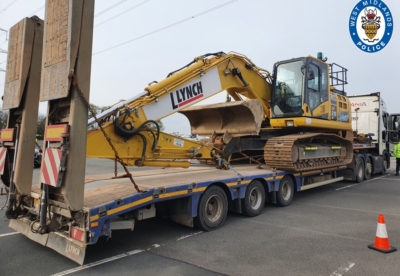


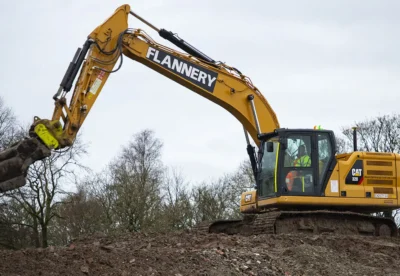
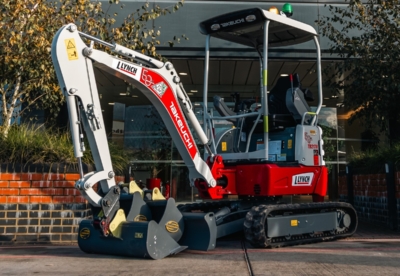


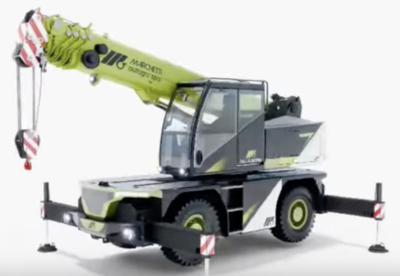




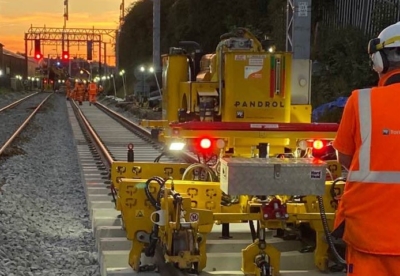


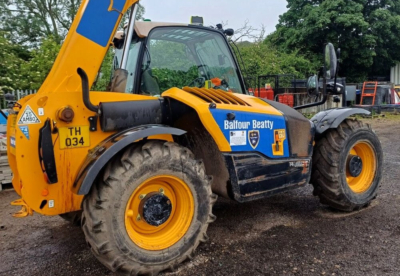
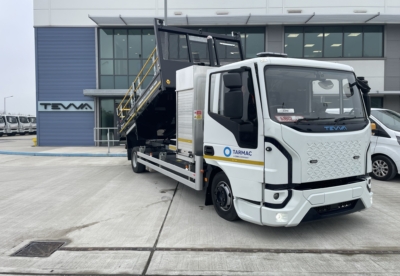
 May 2025.gif)



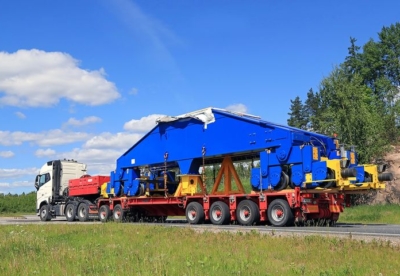



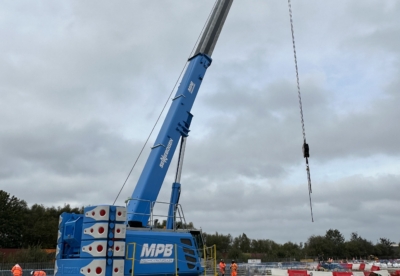
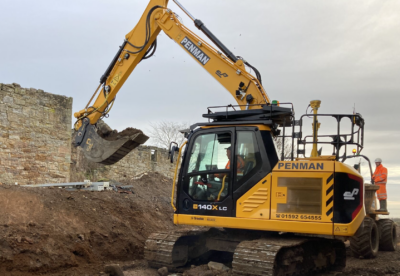

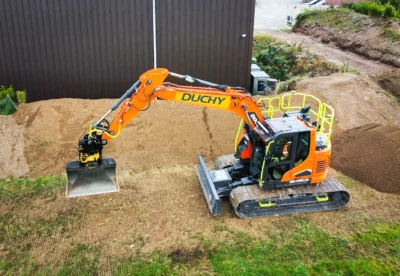

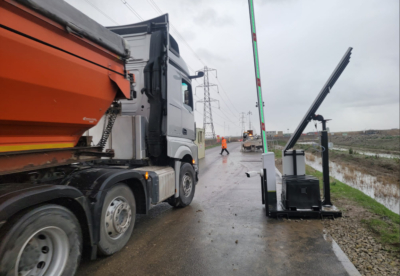

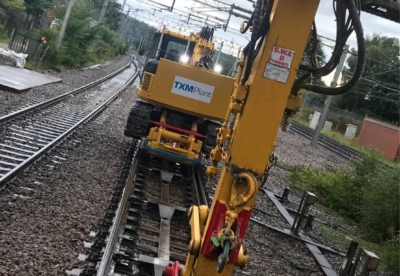

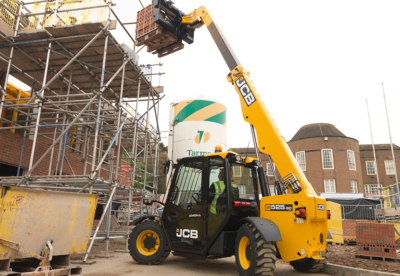







.gif)

